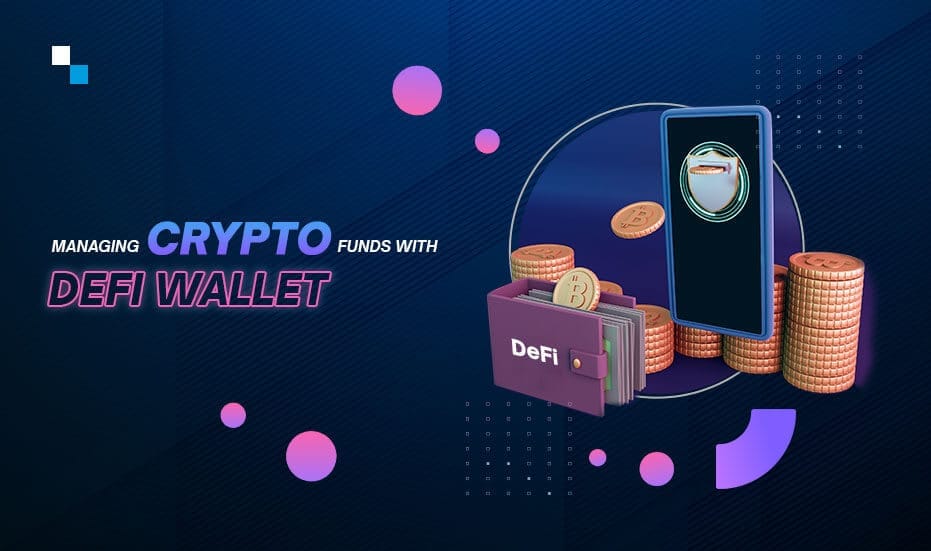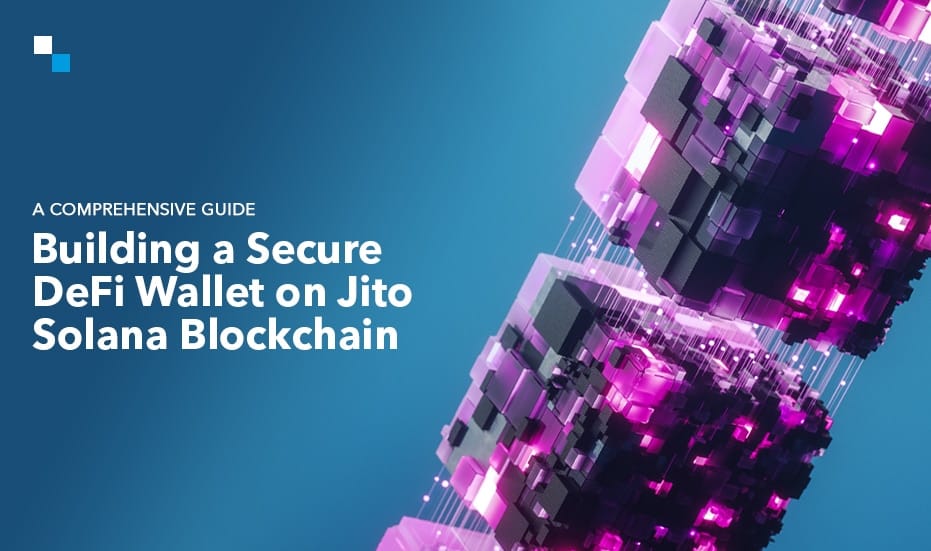
How to Launch a Crypto Exchange Using White Label Exchange Software Script?
September 5, 2022
How A BEP20 Token Development Company Can Invigorate Fund-seeking Crypto Project
September 5, 2022DeFi has become a prominent term in the world of blockchain and cryptocurrency. It enables ease of making cross-border payments and opens up lucrative income revenues in the global arena. It has gained traction for bringing up a new financial revolution, as it allows the users to avail the benefits of decentralized and permissionless systems.
Wondering How To Safeguard Your Crypto Money?
Since the initial stage of blockchain, all types of digital currencies like Bitcoin or Ether and crypto assets like NFTs or tokens are stored in a decentralized crypto wallet. Such wallets are secured by private keys that enable the users to access their cryptocurrencies and tokens.
As blockchain technology started evolving, the term DeFi came into the limelight. Non-Custodial DeFi wallet guarantees the users that their crypto coins and assets are stored securely and that they have complete control of their wallet.
Overview of DeFi Wallets
DeFi Wallet is the sustenance of a DeFi ecosystem, as the users cannot make any kind of financial activity in its absence. Generally, most DeFi wallets are built on Ethereum, but in the current pretext, there are many more blockchain platforms that support DeFi wallet development.
DeFi wallets can be accessed only by using a private key, also known as a ‘secret key’. It is a cryptographically generated arbitrary number that is used to encrypt and decrypt data. Each fund balance is tied to a private key, and only the one who has that private key can access that data. Thus, the private key acts as a significant tool that allows the user to unlock the wallet and manage the fund with complete security.
Types of DeFi Wallets
Every kind of decentralized crypto wallet is cryptographically protected. However, there are two different types of DeFi wallets, custodial and non-custodial wallets, based on the fact that who has the access to the private key, whether the user or the wallet service provider.
1. Custodial Wallet
Such wallets are managed by a third-party custodian who keeps the private key with him. The wallet owner cannot access or manage his crypto assets directly. A custodian can be an exchange or any service provider who would manage the funds on behalf of the wallet owner.
Risks Associated with Custodial Wallet:
- It is said, ‘Not your keys, not your crypto’ is the greatest risk of relying on the custodial wallet. Choosing the wrong custodian can take away your peace of mind, as your crypto collection will always be at risk.
- Third-party can freeze a custodial wallet for violating a company’s rules or due to government directives.
- There are chances of data breaches.
- There is no offline access to the wallet.
- It is necessary to update the KYC information, which hinders your privacy.
2. Non-custodial DeFi Wallet
In non-custodial wallets, the private keys lie in the hands of wallet owners, and they have complete control over their coins and tokens. The wallet owners have full responsibility for the safety and security of their funds. They can connect their wallets to the dApp or exchange for trading purposes and disconnect them when they are done.
Risks Associated with Non-custodial DeFi Wallet:
- The users may lose access to their wallets if they forget or lose their private keys.
- Malware attempts can happen anytime, and the owner might lose access to the wallet.
- If someone steals the private key, he may steal the crypto assets too.
DeVelop your own Non-Custodial DeFi Wallet
Schedule Free DemoComparing a Traditional Crypto Wallet With Non-custodian DeFi Wallet
DeFi (Decentralized Finance) has provided more power in the hands of wallet users, as they have complete custody of their funds. It was not possible in the traditionally run centralized financial system.
Here are some key differences between a Non-Custodial DeFi wallet and a traditional crypto wallet:
- With DeFi wallets, the owners can be their own banks, while traditional crypto wallets are handled by centralized authorities.
- The decentralized crypto wallet owners can use their private keys to access their digital assets, and the same goes for traditional wallets. However, KYC is mandatory for traditional wallet users.
- DeFi wallets can be easily integrated with several DeFi platforms and exchanges, whereas traditional crypto wallets are not supported by all DeFi platforms or exchanges.
Core Components of A Decentralized Crypto Wallet
Anyone interested in making crypto investments must be familiar with the key components of DeFi wallets, such as:
- They are non-custodial in nature : All Non-Custodial DeFi wallet users can have complete ownership of the crypto wealth, as they do not hand over their private key to a third-party custodial.
- All crypto assets can be stored in one place : All DeFi wallets are powered by smart contracts and are capable of holding all types of crypto assets, including coins and dApp tokens.
- Ease of swapping : In-built features of DeFi wallets enable the users to integrate their wallets on the other platforms and carry out smooth token swapping with their customers.
- Compatibility : DeFi wallets are fairly compatible with most of the crypto platforms and exchanges, and they can be easily operated through mobile phones.
- Secured transactions : DeFi wallet users can use their private keys to unlock the wallet while making transactions.
Conclusion
Decentralized Crypto Wallet has provided more power in the hand of wallet owners, they can golf their crypto wealth in a safe and risk-free environment that is secured by a private key.
Want to have one? Let Antier help experience the best advantages of using a Non-Custodial DeFi wallet that allows you to have complete control of your funds. We can develop a wallet for you so you can perform your daily crypto transactions in a frictionless and fearless manner.



